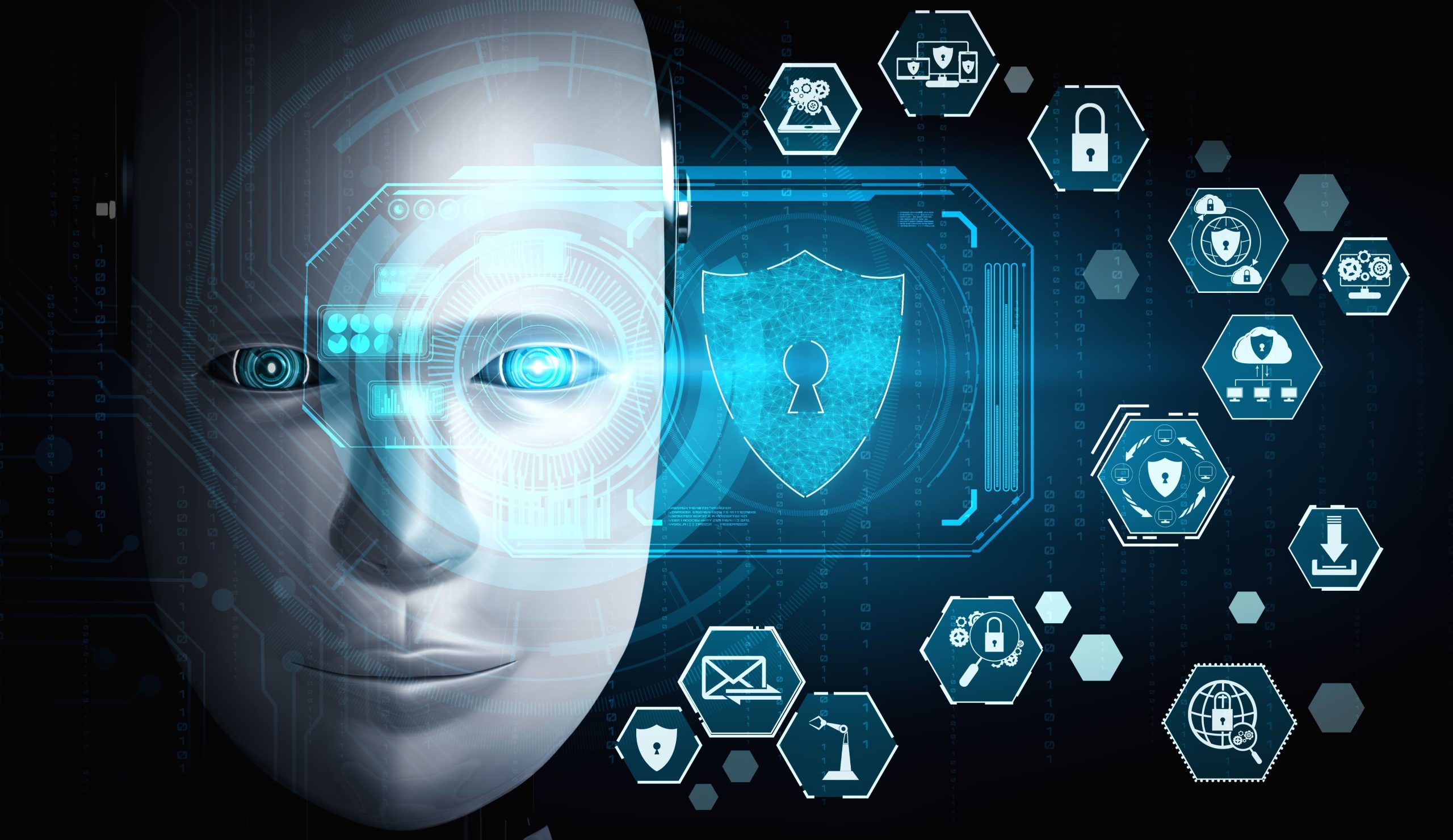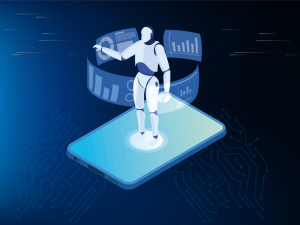In 2025, the cybersecurity landscape is undergoing a seismic shift. Artificial Intelligence (AI) is no longer a futuristic concept but a present-day reality that’s redefining how ethical hackers operate. At Ascend Education, we’re witnessing firsthand how AI-powered tools are transforming ethical hacking, making it more efficient, proactive, and essential in combating sophisticated cyber threats.
The Evolving Threat Landscape
Cyber threats have become more complex and frequent. Hackers are leveraging AI to create advanced phishing schemes, deepfake attacks, and adaptive malware. A recent report highlights that AI-driven cyber-attacks are on the rise, with hackers using generative AI for phishing, deepfakes, and malware . This escalation necessitates a robust response from cybersecurity professionals.
AI: A Game-Changer for Ethical Hackers
Ethical hackers are turning to AI to stay ahead of malicious actors. AI enhances their capabilities in several ways:
- Automated Threat Detection: AI algorithms can analyze vast amounts of data to identify anomalies and potential threats in real-time.
- Predictive Analysis: Machine learning models can predict potential vulnerabilities, allowing for preemptive action.
- Efficient Penetration Testing: AI tools streamline penetration testing by automating repetitive tasks, enabling ethical hackers to focus on complex challenges.
For instance, tools like Sentinel AI by Darktrace and Pentera Automated Pentesting are revolutionizing how ethical hackers conduct security assessments.
Real-World Applications
The integration of AI in ethical hacking isn’t just theoretical; it’s being applied in real-world scenarios:
- Financial Sector: Banks are employing AI to detect unauthorized access and prevent data breaches. For example, a bank using AI in cybersecurity detected unauthorized access to customer accounts and blocked it before any data was stolen.
- Corporate Security: Companies are utilizing AI to monitor insider threats by analyzing employee behavior and access patterns.
- Bug Bounty Programs: Platforms like CAI are enabling non-professionals to discover significant security bugs at rates comparable to experts during bug bounty exercises .
Challenges and Considerations
While AI offers numerous benefits, it also presents challenges:
- Ethical Concerns: The use of AI in cybersecurity raises questions about privacy and the potential for misuse.
- Dependence on Technology: Over-reliance on AI could lead to complacency, with professionals neglecting fundamental security practices.
- Skill Gap: There’s a growing need for cybersecurity professionals skilled in AI and machine learning to effectively implement and manage these tools.
The Future of AI in Ethical Hacking
Looking ahead, AI’s role in ethical hacking is set to expand:
- Advanced Simulation: AI will enable more sophisticated simulations of cyber-attacks, improving preparedness.
- Collaborative Defense: AI will facilitate better collaboration between ethical hackers and automated systems, enhancing overall security.
- Continuous Learning: AI systems will evolve through continuous learning, adapting to new threats and improving over time.
Conclusion
AI is undeniably transforming ethical hacking, offering powerful tools to combat increasingly complex cyber threats. However, it’s essential to balance technological advancements with ethical considerations and continuous learning. At Ascend Education, we’re committed to equipping cybersecurity professionals with the knowledge and skills to navigate this evolving landscape.
Ready to enhance your cybersecurity skills? Explore our Cybersecurity Fundamentals Course and stay ahead in the fight against cyber threats.





